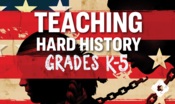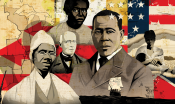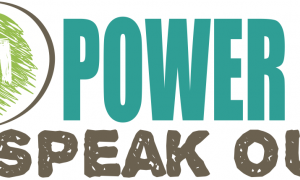Trump Effect: Teaching Baltimore and the Power of Place




As we reflect on the anniversary of Dr. Martin Luther King Jr.'s assassination, we know that many people teach about his legacy in the context of a purely progressive view of history—devoid of regression, repression and missed opportunities. But that simply isn't true, and we do our students a disservice when we teach this way. These resources can help you teach history in a way that encourages students to see their role in it.

Our students deserve an honest account of our nation’s history. That’s why we’re proud to share our new and expanded Teaching Hard History resources. They will help you tell a more complete story of American slavery that starts with Indigenous enslavement and includes students of all ages. To teach our students the truth about our shared hard history, we’ll need to start where the stories—and the learning—begin.
August 23 is International Day for the Remembrance of the Slave Trade and its Abolition. With blatant, nationwide attempts to keep truth-telling out of schools, it’s especially critical to teach the whole truth about American slavery. Use our Teaching Hard History framework, its accompanying online archives and databases, and this film to help you and your students dig deeper into lessons about the slave trade and its lasting effects, as well as an often-forgotten part of our nation’s history: Indigenous enslavement.
The Montgomery Bus Boycott began on December 5, 1955, and lasted over a year. It’s difficult to overstate the influence of the boycott’s strategy, successes and leadership on how the Civil Rights Movement of the coming decades took shape. In our newest article, we examine the history of the Montgomery Bus Boycott through the lens of Learning for Justice’s newest framework, Teaching the Civil Rights Movement, and we recommend resources that help provide a fuller account of this pivotal event.
